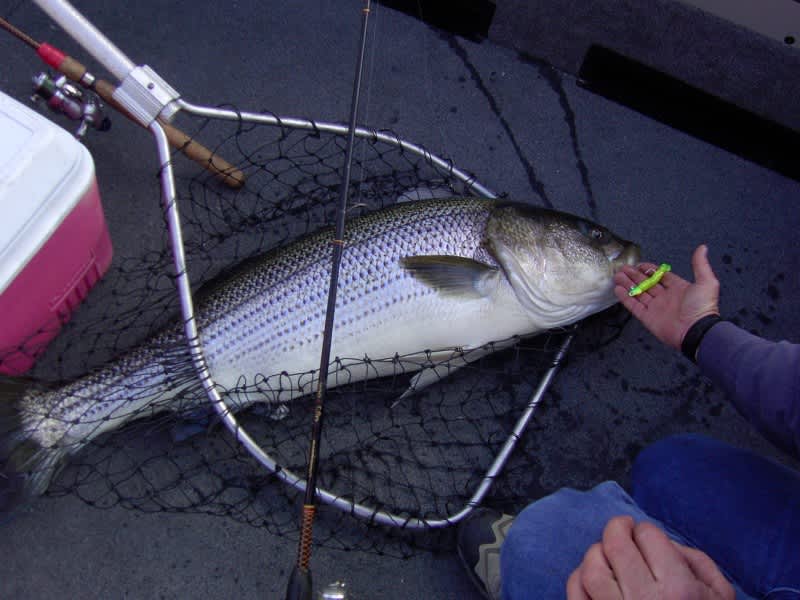Are You Releasing Too Many Fish? Utah Anglers Are
OutdoorHub Reporters 09.15.14

It is a rare occurrence when fishery biologists proclaim a state to have too many fish (except perhaps Asian carp), but that is exactly what is happening in Utah. The Utah Department of Wildlife Resources (DWR) recently announced that it will be proposing rule changes for 2015 that encourage anglers to keep their fish. The popularity of catch-and-release fishing boomed over the last decade, dramatically changing how biologists are approaching fish management. Too much releasing, it seems, is keeping trout, bass, and walleye from reaching their ideal size.
“You may not realize it,” said DWR warm water fisheries coordinator Drew Cushing, “but catching and releasing fish—on waters where you’re allowed to keep some fish—is working against you. Until anglers start keeping some fish, the fish aren’t going to grow to the size that many anglers want. Many of Utah’s waters simply have too many fish.”
The result can hurt both anglers and state fisheries. DWR statistics show that 95 percent of all brown trout caught in the state are released, as well as 90 percent of black bass. In 2012, anglers only kept 1,500 walleye from Utah’s famed Willard Bay Reservoir, compared to the 16,000 fish kept in 2002. Although many anglers take great pride in being able to release a fish unharmed, officials now say it is okay to take a few for the trip home. The DWR is considering removing the home possession limit—which is the amount of fish an angler can have in their homes at any one time—completely for all fish species except salmonids like trout, whitefish, grayling, and salmon. Even those species, however, may not be protected for long.
“If we find that [the rule changes] does make a difference,” Cushing said, “we might recommend that the possession limit for salmonoids be eliminated in 2016.”
The alternative can be wasteful and costly. Cushing explains that at reservoirs such as Oak Creek, where there are so many brook trout that fish have become stunted, officials may have to chemically treat the waters and replace existing fish with new, bigger trout. The Utah Wildlife Board will meet in Salt Lake City on October 2 to finalize the proposed rule changes.

